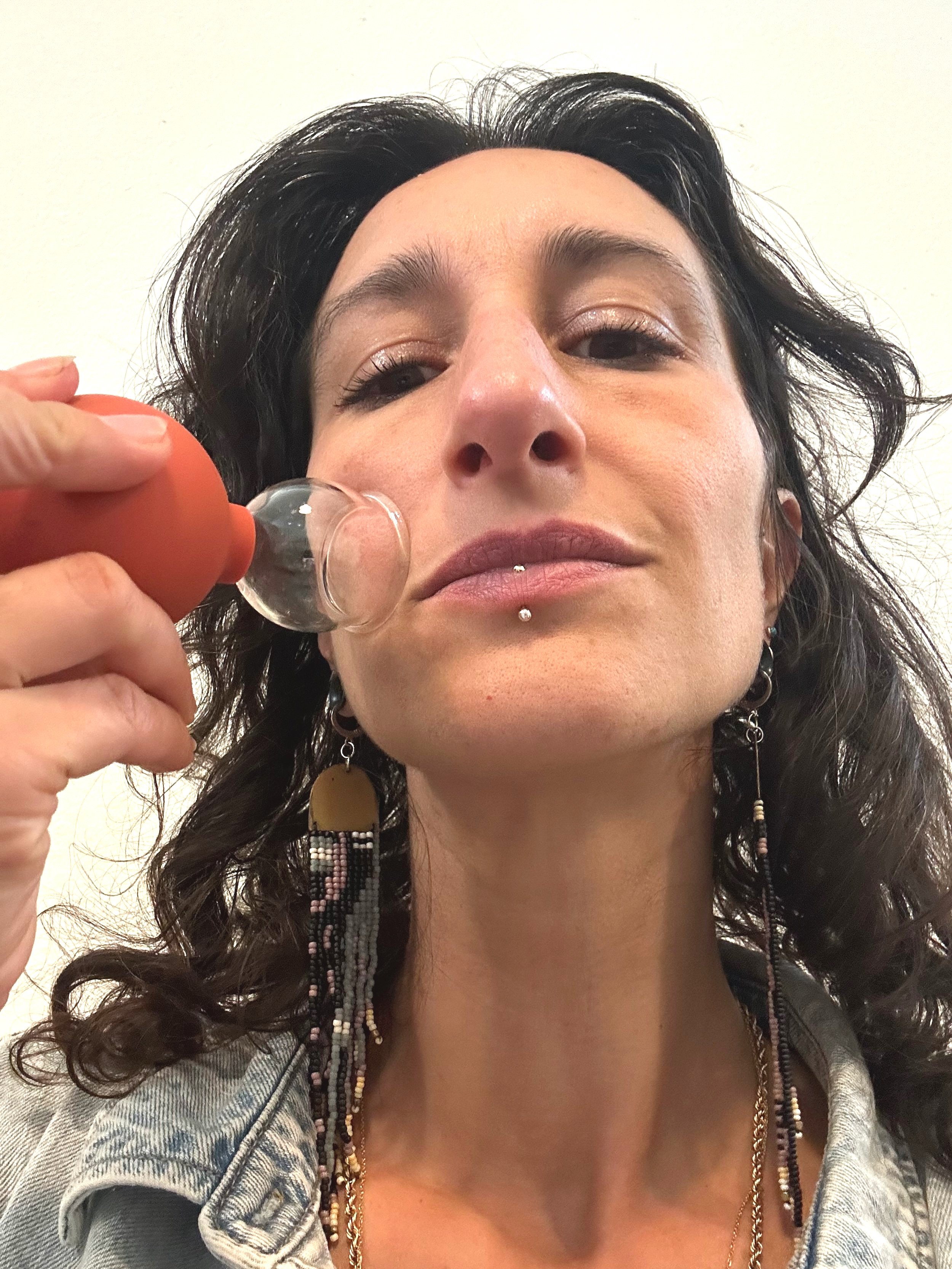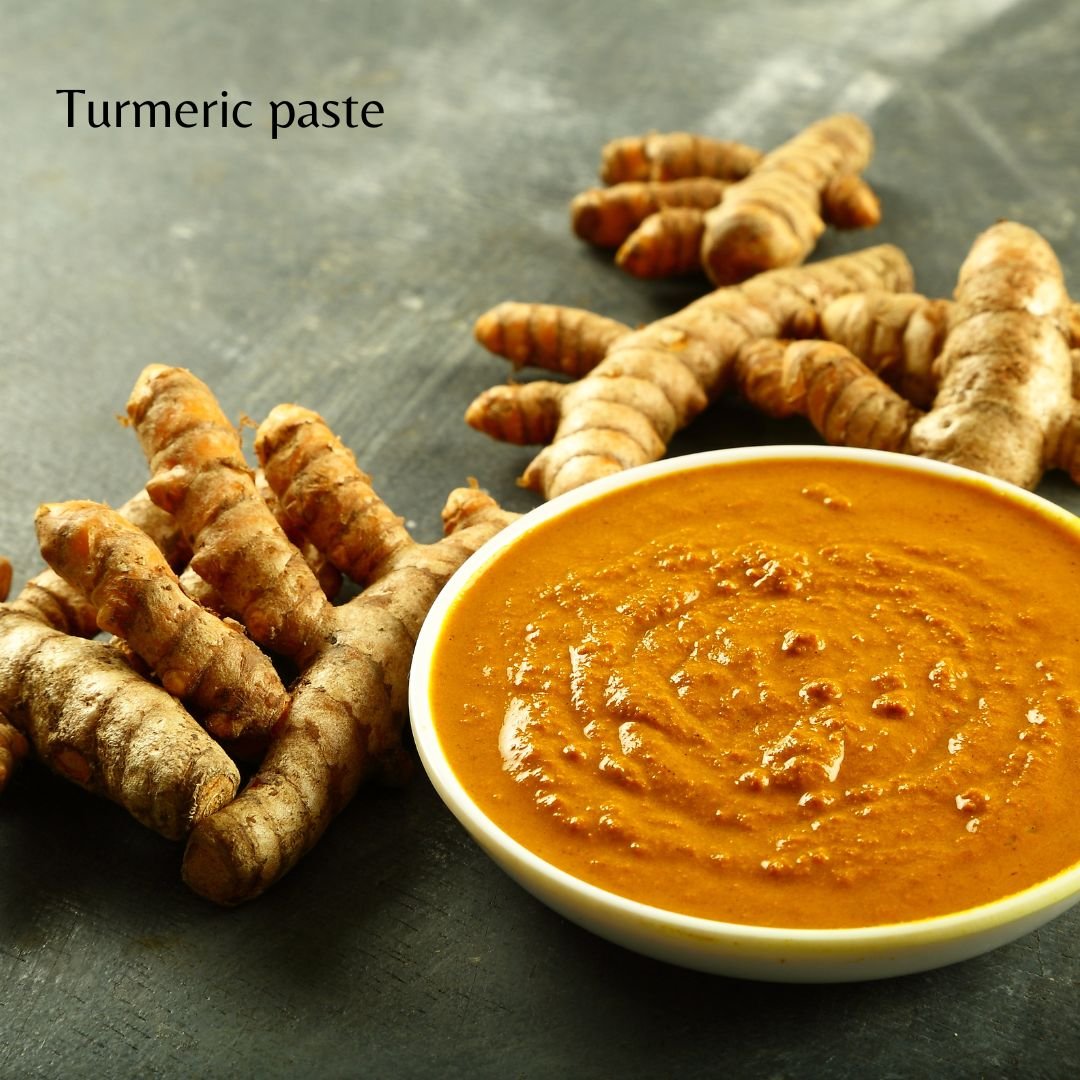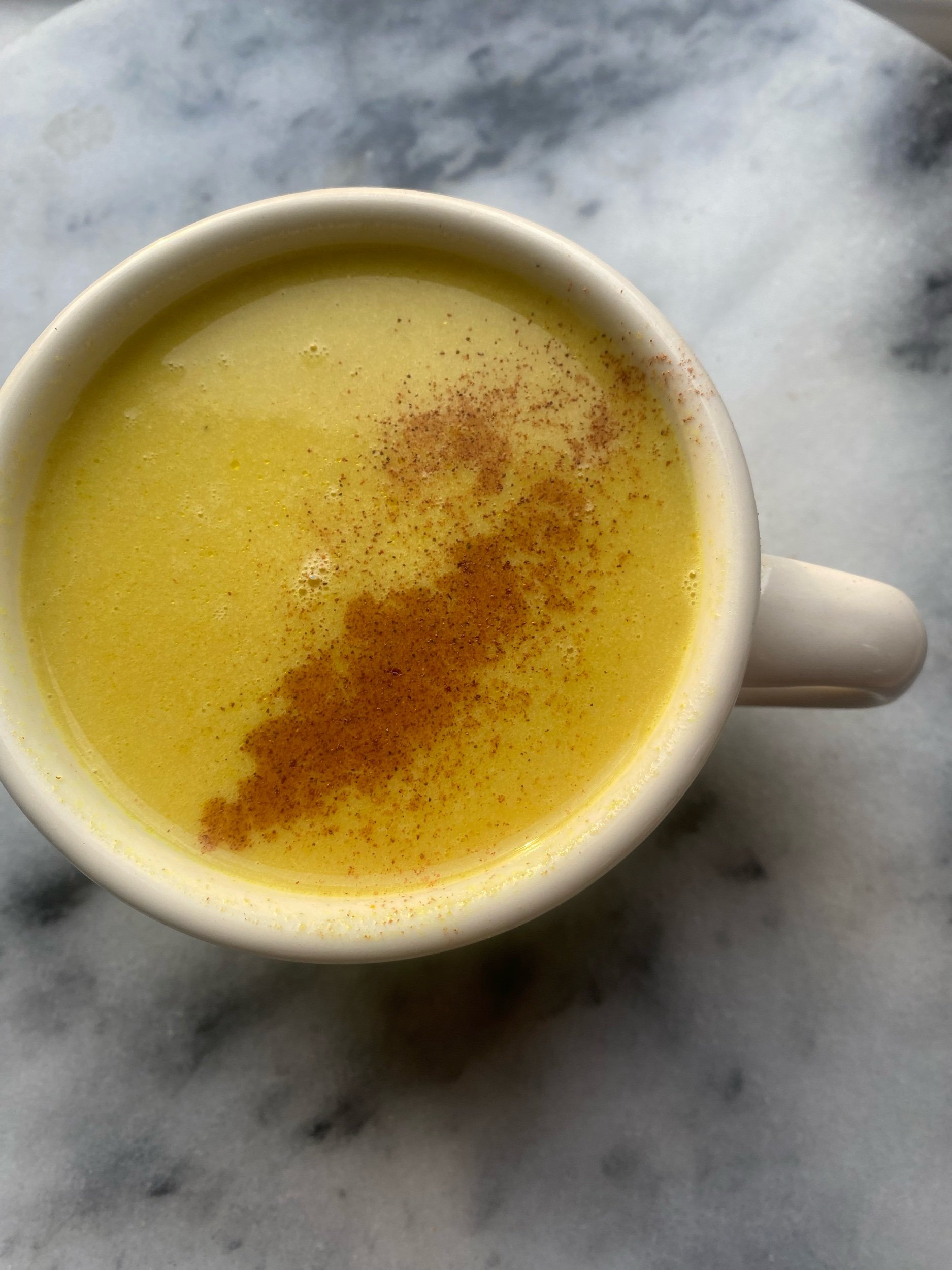Chinese Medicine and the Large Intestine
The Significance of the Large Intestine Meridian and Organ System
Traditional Chinese Medicine (TCM) offers a natural and comprehensive approach to health, rooted in the understanding of the body's interconnectedness and balance of its vital energies, known as Qi. Central to TCM is the concept of Organs systems and their meridians, channels through which Qi flows. In this article, we explore the intricate relationship between TCM and the Large Intestine Organ System and its associated meridian—shedding light on its importance in maintaining overall health, physical, emotional, and spiritual.
Large Intestine—Hand Yang Ming
At the core of TCM lies the understanding that optimal health is achieved when the body's Qi flows freely and harmoniously through a network of meridians, and abundantly nourishes the Organ Systems—a framework where each Organ has not only physical but energetic roles, interconnecting to regulate health and balance within the body. Each Organ System is associated with a specific meridian–specific pathways that circulate Qi through the body, connecting Organs and systems to support health and vitality. They play a crucial role in maintaining the balance of Yin and Yang within the body.
In TCM, the Large Intestine (LI) is not merely a physical organ responsible for waste elimination; it is also viewed as a dynamic system closely linked to specific emotions, select physiological functions, flavors and seasons that the body is influenced by, as well as a deep connection with the Lung Organ and meridian, its yin-yang pair. The Large Intestine is yang, and the latter, yin. The Large Intestine of the Hand Yang Ming, is paired with the Lung of the Hand Tai Yin. This relationship underscores the intimate connection between the Large Intestine and the respiratory system, reflecting the intricate interplay between bodily functions. The Large Intestine Organ is one of the six Fu Organs (Gallbladder, Stomach, Small Intestine, Large Intestine, Bladder, and San Jiao).
In Traditional Chinese Medicine, the Metal element is associated with the Lungs (zang) and Large Intestine (fu), governing the themes of boundaries, organization, and letting go. The time between 5-7 am on the Chinese medicine Body Clock is when the Large Intestine is most active, making it an optimal period for elimination—both physically and emotionally. This reflects the Metal element's energy of releasing what no longer serves you, but difficulties with letting go can manifest as constipation, sadness, or a sense of not being able to hold on to what nourishes you. Cultivating balance in the Metal element encourages ease in release and clarity in self-preservation.
Meridian Theory
According to these principles, the Large Intestine meridian begins at the index finger, travels up the arm, crosses the shoulder, and ends at the nostril, and its internal pathway connects with the lungs, descends through the diaphragm, and moves into the large intestine. This connection highlights the relationship between the Lung and Large Intestine in regulating both breath and elimination, emphasizing the Metal element's role in releasing waste and maintaining balance in the body. The LI meridian starts at the radial tip of the index finger, runs up the arm, and terminates on either side of the nose at the acupuncture point LI 20. It then joins with the Stomach meridian of the Foot-Yangming. Its internal channel connects with the lung and descends to the large intestine, before descending to the lower he-sea point of the Large Intestine of ST37. It is important to note the LI meridian enters the gums and lower teeth, governing disorders of these regions of the mouth.
This information is valuable to know as it helps to understand the disorders that the Large Intestine may treat, due to its physical location, such as;
Treating disorders of the head having to do with the face and cheeks, forehead, eyes, nose, lips, gums and teeth
Treating disorders of the ear
Expelling wind, cold, and heat from the exterior portion of the body
Clearing wind-heat, interior heat, and fire from the areas transverse by the channel, especially in the head
Clearing “yangming fire”, which disturbs the Heart and Spirit
Assists the Lung in its functions of opening water passages
Used to regulate Qi and Blood in the limbs and treat atrophy, painful obstruction, hemiplegia, and pain of all kinds
Helps alleviate cramping and pain along the course of the channel, and the inability to raise the shoulder or turn the neck
Physiological Functions of the Large Intestine
The Large Intestine is responsible for the transformation and transportation of waste materials after the nutrients have been absorbed in the small intestine. Moreover, it plays a vital role in regulating the body's water balance and maintaining proper hydration levels. When the large intestine's function is compromised, it can lead to symptoms such as constipation, diarrhea, bloating, and abdominal discomfort, indicating an imbalance in the body's Qi flow.
Main Function of Large Intestine
Receive food and drink from the Small Intestine
Excrete Stool
Controls passage and conduction
Transforms stool and reabsorbs fluids
“Yangming channel is abundant in Qi and Blood”
Imbalances in the Large Intestine Meridian
In TCM philosophy, disruptions in the flow of Qi along the large intestine meridian can manifest as physical, emotional, or psychological symptoms. Excesses or deficiencies in Qi can lead to physical conditions such as irritable bowel syndrome (IBS), inflammatory bowel disease (IBD), or even skin disorders like acne or eczema. Emotionally, imbalances in the flow of Qi along the Large Intestine meridian may manifest as difficulty letting go of past emotions, grief, or a tendency to hold onto negative experiences. These disruptions can result in feelings of stubbornness, rigidity, or a sense of being stuck. Psychologically, this stagnation can contribute to anxiety, depression, or a lack of clarity in decision-making. Balancing the Qi of the Large Intestine not only promotes healthy digestion and elimination but also supports emotional release and mental flexibility, allowing for smoother transitions in life.
By understanding these patterns of disharmony, TCM practitioners can tailor treatments to address the root cause of the imbalance and restore equilibrium to the body.
Exterior pathogenic factors that mainly impact the Large Intestine- Cold, and Dampness
Main emotional strain that affects the Large intestine- Sadness, worry, anger
TCM Therapies for Supporting the Large Intestine
TCM offers diverse therapies to support the health of the Large Intestine and promote overall well-being. Acupuncture, a cornerstone of TCM, involves the insertion of fine needles at specific points along the meridians to stimulate the body's natural healing response and restore balance to the Qi flow. By targeting acupuncture points along the Large Intestine meridian, practitioners can alleviate symptoms associated with digestive disorders and promote healthy bowel function.
Herbal medicine is another integral component of TCM, with a rich tradition spanning thousands of years. Herbal formulas tailored to individual constitution and presenting symptoms can help regulate the Large Intestine's function, alleviate discomfort, and promote digestive health. Commonly used herbs for supporting the LI include rhubarb, coptis, and bai shao (white peony root), each chosen for its unique properties and therapeutic effects.
Avoid Iced beverages, instead for room temperature water or warm liquid to help boost digestive fire. It's also a good, healthy habit to wake up with a warm glass of water (with a squeeze of lemon and ginger) to kickstart your digestion.
Eat warm and easy-to-digest food. Foods that are considered moistening and lubricating, such as soups, stews, and steamed vegetables, are favored for promoting healthy bowel movements and preventing dryness in the intestines.
Stress management techniques, such as qigong, tai chi, and meditation, can help reduce tension in the body and support overall digestive function.
The Large Intestine Organ and Meridians are key players in keeping the body’s digestion and overall health in harmony. Understanding the connection between the Large Intestine and other Organs helps guide treatments that restore the natural flow of energy. Using a mix of acupuncture, herbal remedies, diet, and lifestyle changes, we can work toward bringing the body back into balance, supporting both physical and emotional well-being.
RESOURCES
https://www.sciencedirect.com/topics/medicine-and-dentistry/large-intestine-meridian














































This article explains the transformative power of the CHIRP Wheel, a unique spinal relief tool designed to prevent excess pressure on the spine while targeting muscles on both sides of your neck and back. It also offers simple steps for a safe and effective experience!